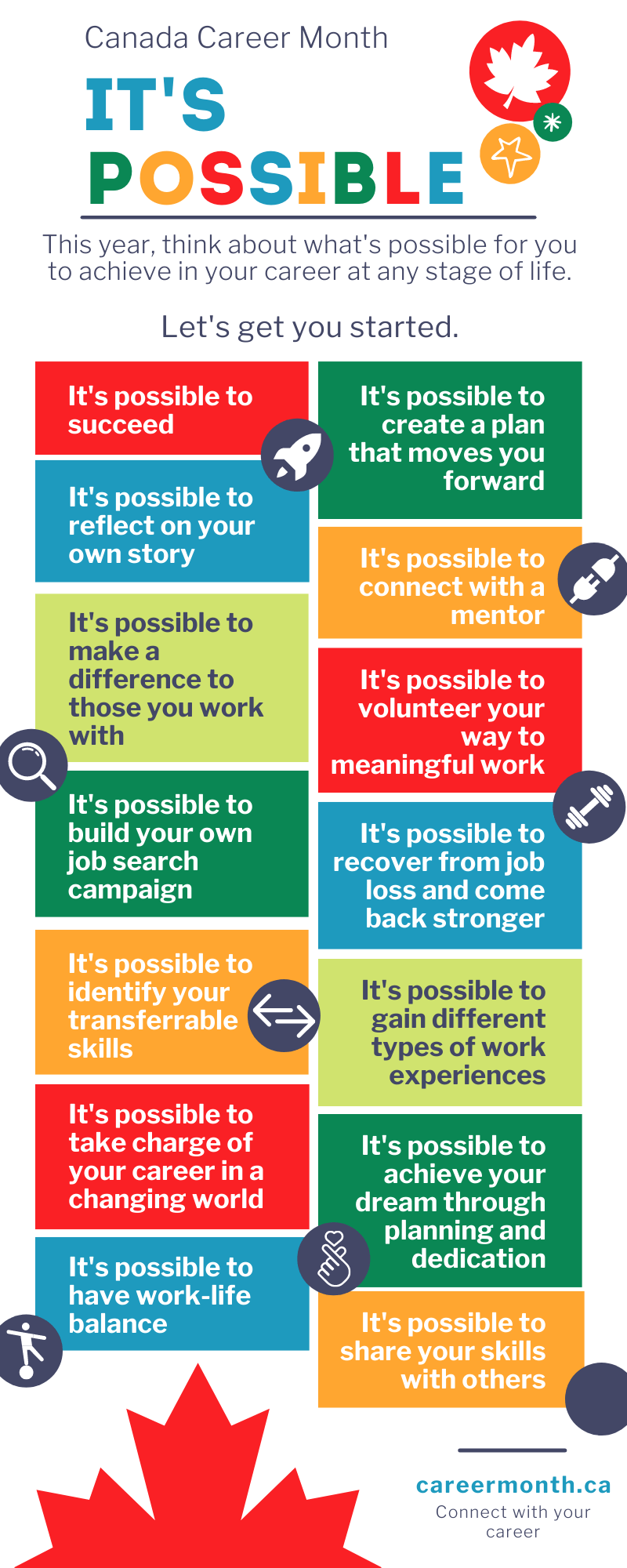3 ways to leverage past experience into a new career
With the world of work changing rapidly, along with the world around us, the decision to change careers mid-life can be challenging.
You may be asking yourself questions like, “Am I throwing away 10 to 20 years of experience?” and “What can I do to make this transition the most beneficial for myself and my family?”
Sometimes, it’s hard to visualize how the profession you’re leaving could benefit you in a new career. But changing professions doesn’t have to mean losing your past experience.
In fact, it has the potential to make your employment campaign unique, strong, and powerful. We all have assets we’ve gained over the course of our careers, what really matters is knowing how to use them.
Here are three ways to best leverage your past experience when making a mid-life career change.
1. Find a new career, not a new industry
By just changing roles in your industry, rather than changing industries completely, you can still put your experience to good use as you embark on a new career.
For instance, a primary school teacher could decide to become a software developer. These two professions share very little in terms of qualifications, but this doesn’t mean the former teacher cannot leverage their teaching experience into software development.
If this person remains in the education industry, working for a company developing educational software, that teaching experience becomes a leveraging tool. How many software developers have experience in the classroom, or experience from an end-user perspective?
By staying in the education industry, but in a different role, all the years of experience teaching remain valuable. In fact, they make for a competitive and attractive package against other developers who’ve never set foot in a classroom.
By finding ways to apply your existing experience to a new role in your industry, you can make yourself more appealing to prospective employers.
“When changing careers, identify the transferrable skills you used in your previous profession and connect them to your new role.”
2. Identify and define transferrable skills
Transferrable skills are skills and abilities that are relevant to all professions, so even if you’re switching industries you may already have many skills that still apply to your new role.
Some of the most sought-after transferrable skills include problem-solving, critical thinking, teamwork, and communication. These skills are used in every profession, but these are relatively generic terms when not applied to a specific project, task, or role.
When changing careers, identify the transferrable skills you used in your previous profession and connect them to your new role.
For example, someone might transition from supply chain management, where they manage the flow, movement, and storage of goods between various businesses and locations, into accounting. The ability to handle all the moving pieces of a supply chain—inventory in and out, schedules, etc.—can translate directly into the ability to balance books, monitor cashflow in and out, etc.
If you make the connection between those skills to an employer, either on a resume or in an interview, it can position you as a competitive applicant and give them confidence in your ability to execute the responsibilities of the role.
“It’s an amazing asset to be able to ask someone in your dream role if they wouldn’t mind talking to you about how they got there.”
3. Leverage your existing network
Over the course of your previous career, you have probably worked with many people. Some of them may have even transitioned careers themselves! This network of people has the potential to be one of your biggest resources when making a career change. One way to activate and utilize your network is by creating and maintaining a LinkedIn profile.
Once you begin making connections and engaging with your network, you may be surprised to see someone you know in the exact role you’re looking to get into. You might find a manager, recruiter, or human resources professional in the industry you’re targeting.
It’s an amazing asset to be able to ask someone in your dream role if they wouldn’t mind talking to you about how they got there. Not only will you get insider tips, but you’ll also have another set of eyes and ears out there who know that you’re looking for employment. The more people who know you’re looking, what you’re looking for, and your story, the more chances you have of accessing the hidden job market.
Watch for more helpful career-planning advice throughout the month of November for Canada Career Month:
- Week 1: ‘It’s possible’ to make effective career decisions during Canada Career Month
- Week 2: 3 ways to leverage past experience into a new career
- Week 3: 3 steps to help you decide what to study in university
- Week 4: 5 resources to help you get a job
If you would like more information about career planning, please contact Counselling Services at counselling@athabascau.ca.
